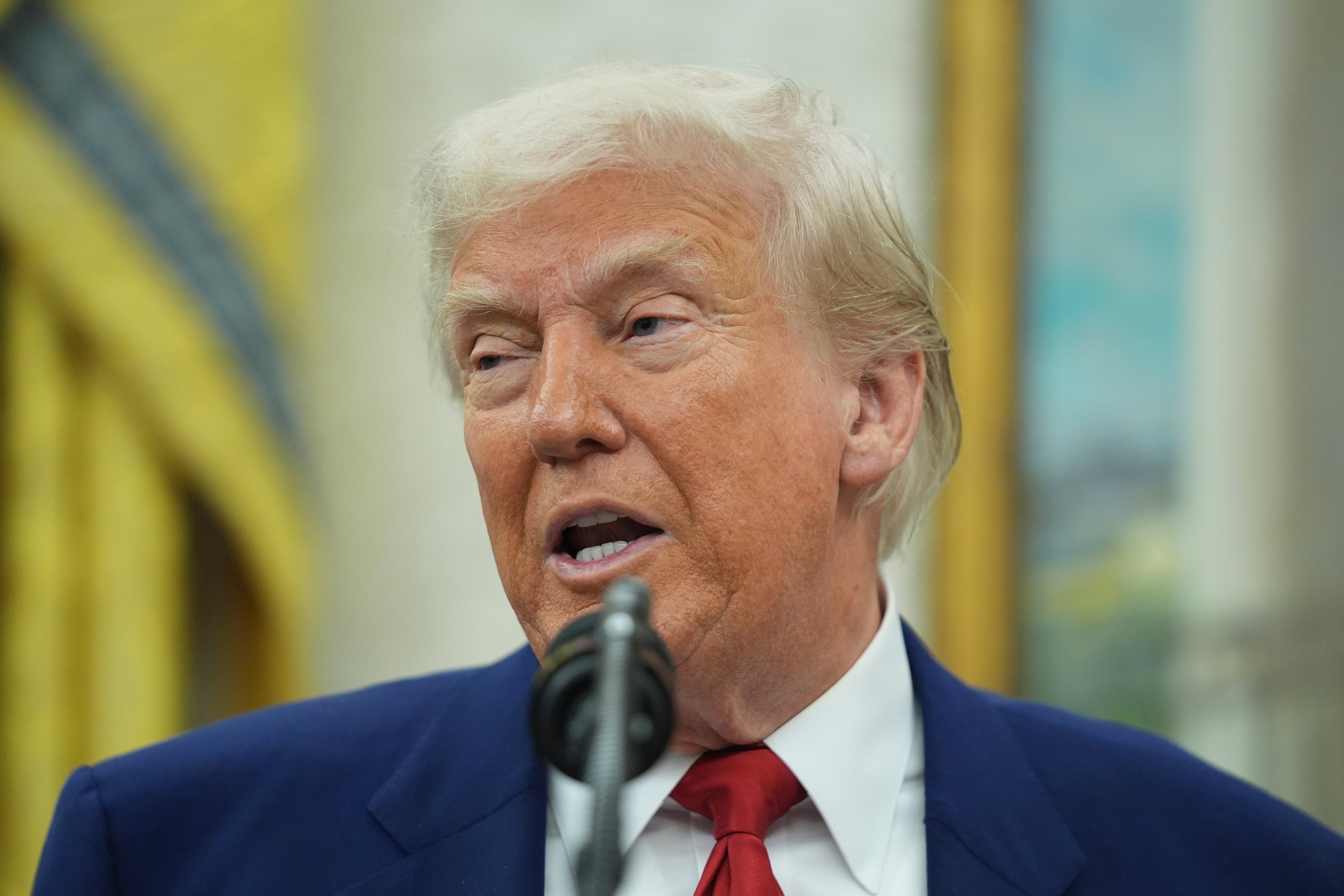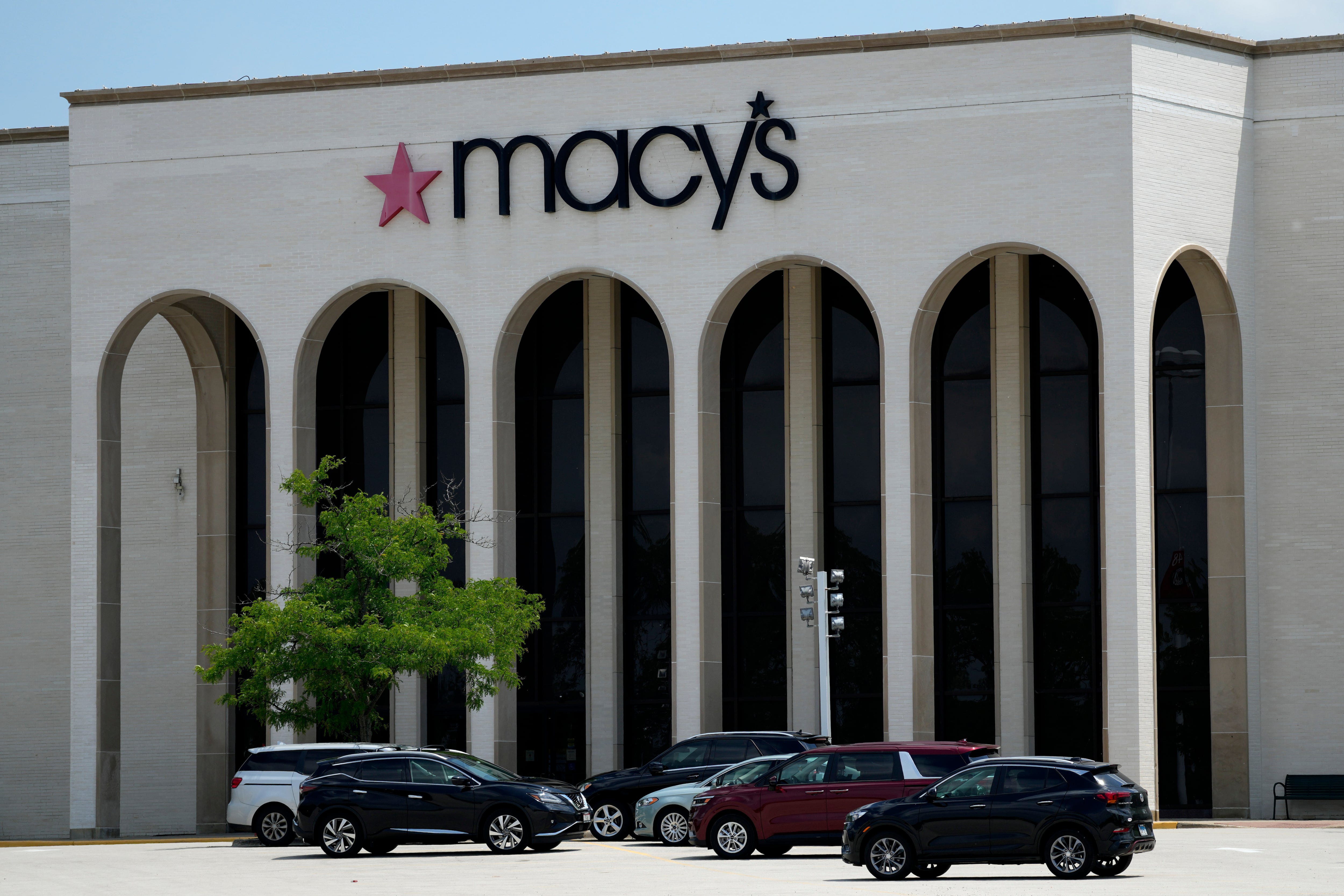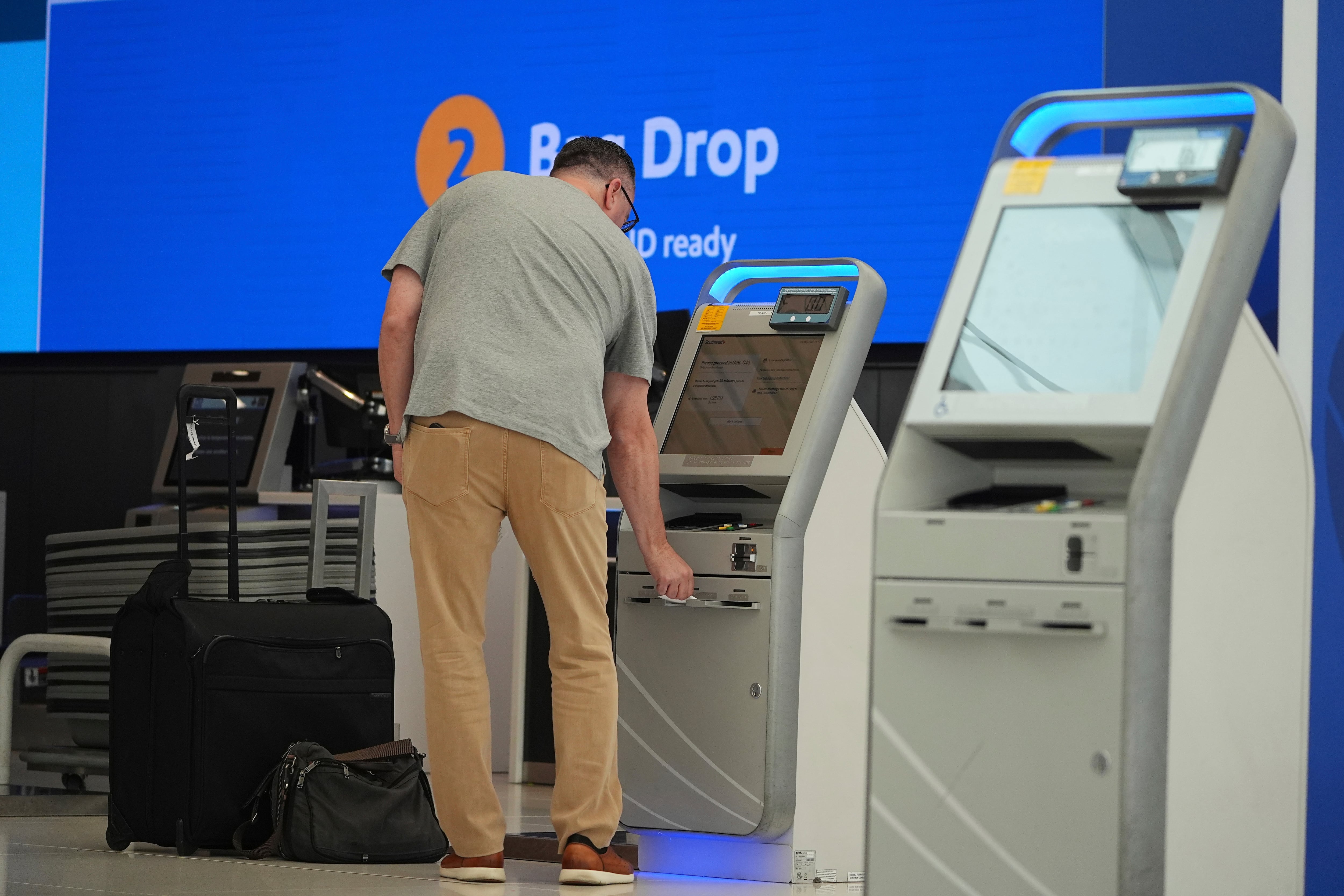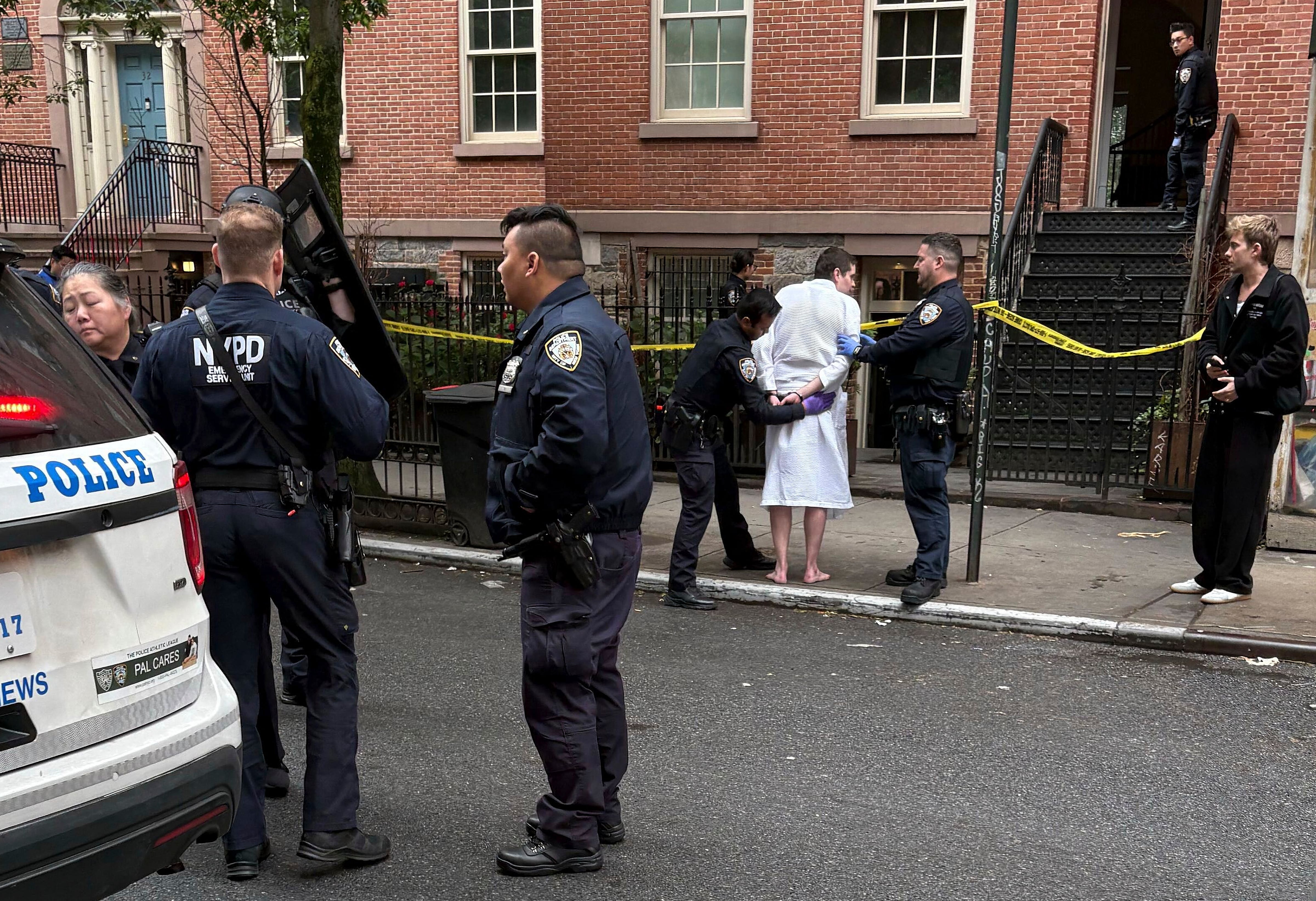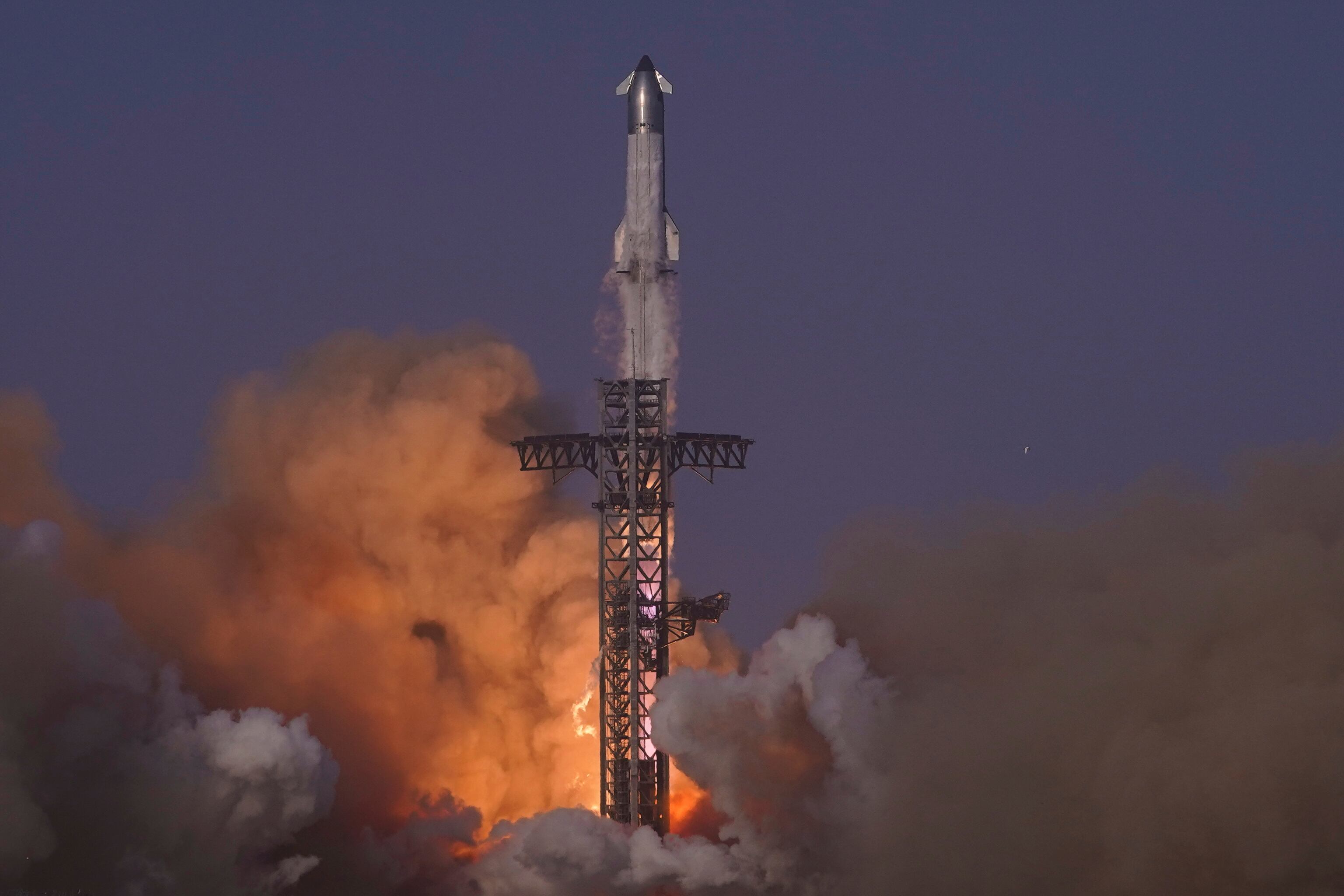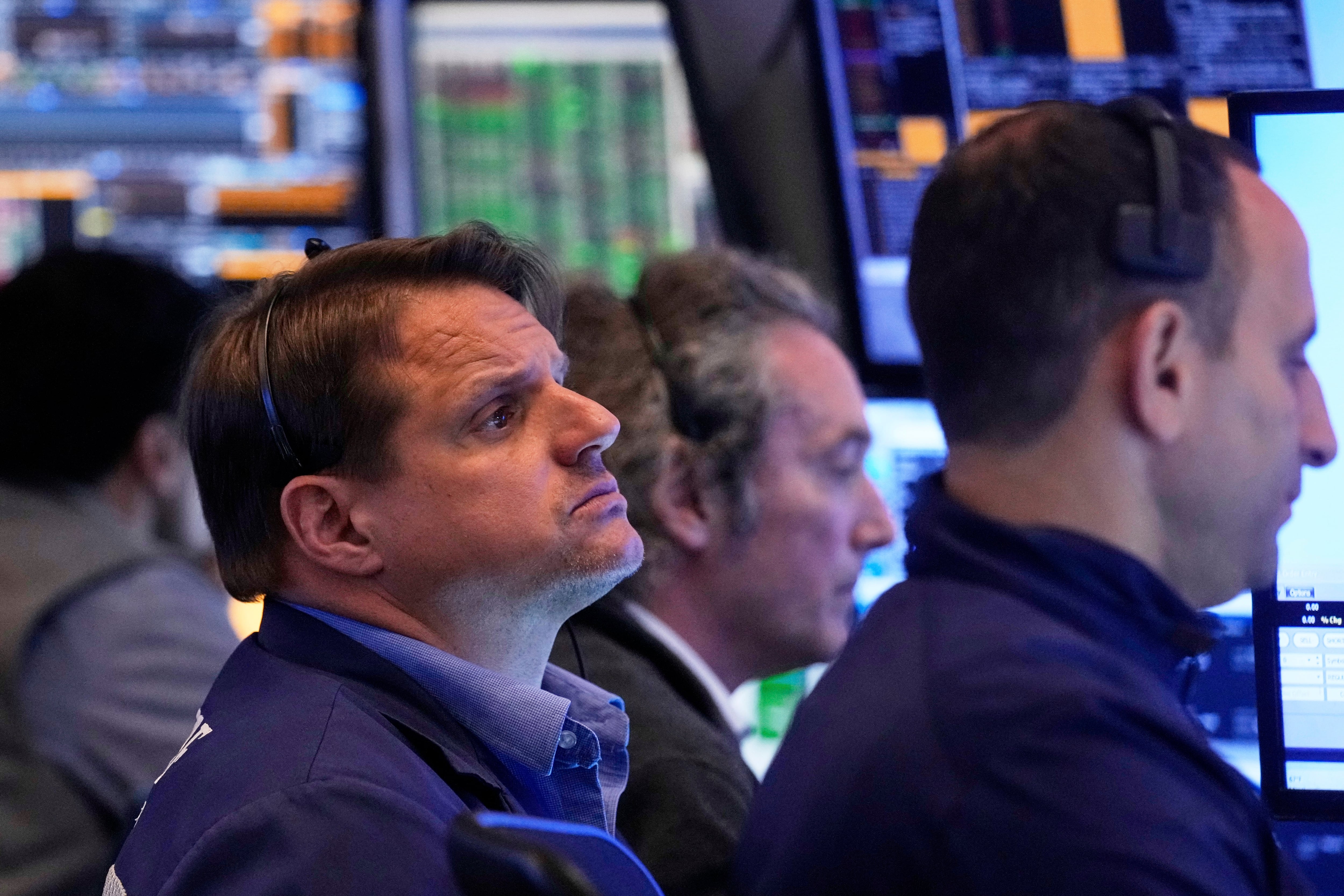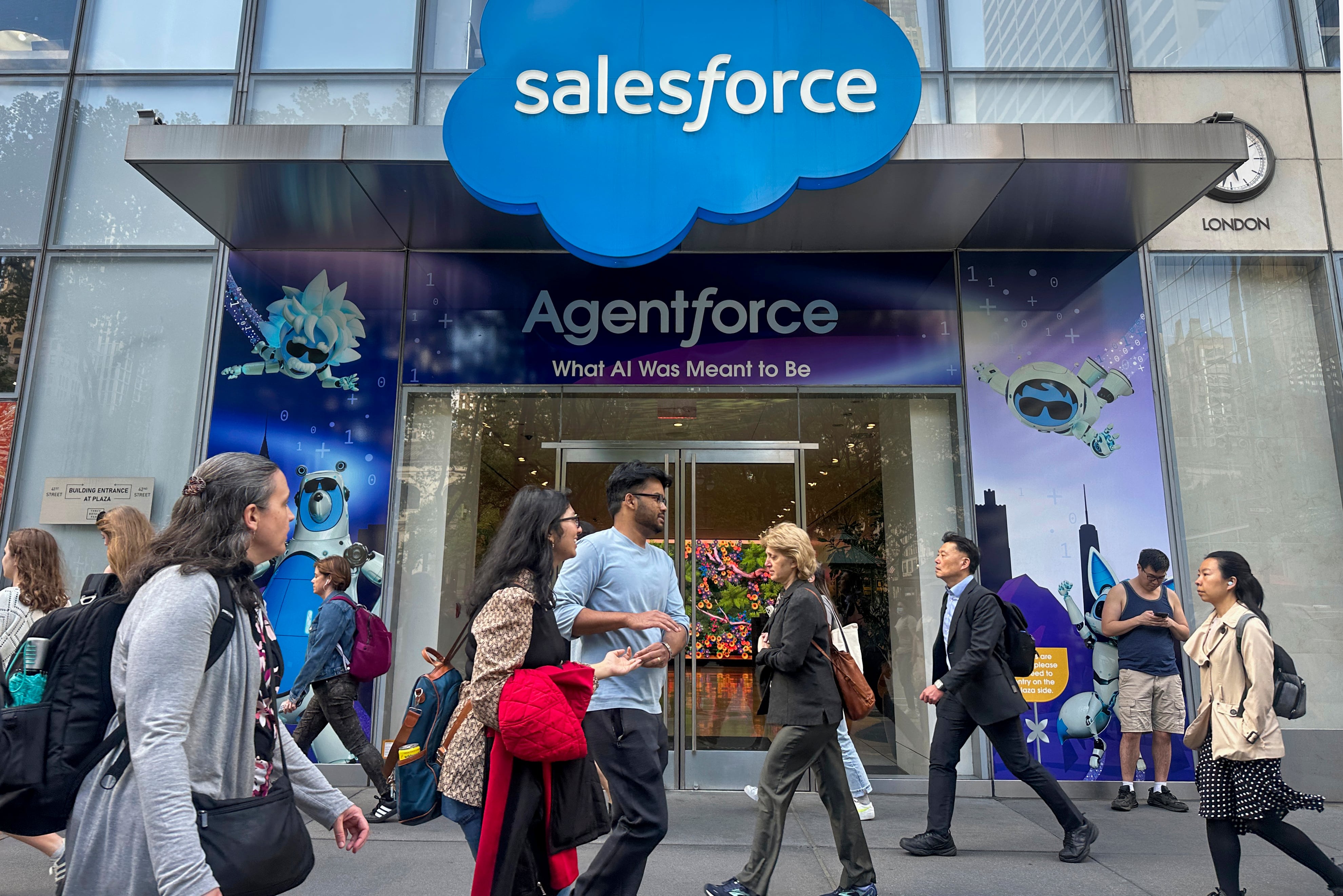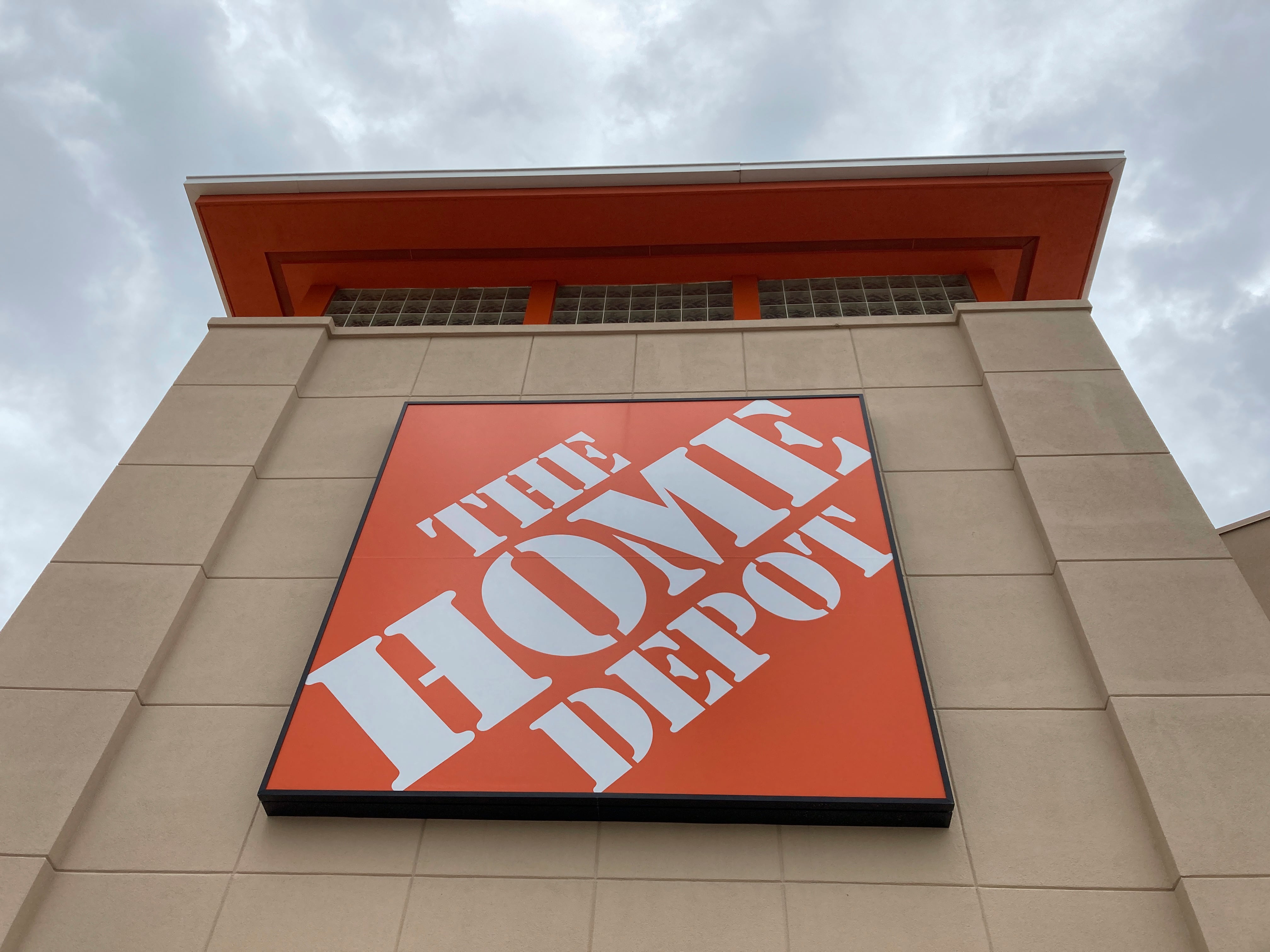*By Carlo Versano* What government shutdown? Friday's jobs report showed a blockbuster 304,000 jobs were added in the month of January, despite fears that the partial government shutdown would weigh on the job market. The unemployment rate ticked up to 4 percent, as more Americans rejoined the labor pool. "This economy is now really firing on all cylinders," said Steve Moore, distinguished visiting fellow at the Heritage Foundation. "There's nothing negative about this." Moore, an ally of President Trump who helped write the new tax law, said the pace of hiring was a testament to Trump's deregulatory policies and the tax cuts. While Moore was surprised that the shutdown did not appear to affect hiring, he said it was proof that the federal bureaucracy is bloated and largely irrelevant to the health of the economy. If anything, Moore argued, the shutdown serves as evidence that some government agencies should shrink. "Wouldn't this money be better spent if it just remained in the pockets of American consumers and businesses rather than flow to Washington," he asked. The federal government employs roughly 2 million Americans, 800,000 of whom were furloughed during the shutdown. While the January read from the Bureau of Labor Statistics was remarkable, economists also revised December's hiring down from 312,000 to 222,000. Moore said that's still a strong number. As long as the economy can regularly create more than 200,000 jobs a month, it can remain very healthy, he said. Meanwhile, the federal deficit is soaring and is expected to hit $1 trillion this year. The national debt is $22 trillion and counting. The nonpartisan Congressional Budget Office [says](https://www.cbo.gov/system/files?file=2018-10/54551-MBR.pdf) the tax cuts are partially to blame, as corporate tax revenues plummet. Moore said the problem is not lower tax revenues, but runaway government spending. The tax cuts that Moore helped design have become something of a rallying cry for Democrats. Sen. Elizabeth Warren proposed an annual "wealth tax" on the ultrarich, while Rep. Alexandria Ocasio-Cortez floated a marginal tax rate of 70 percent on the super rich. That proposal is widely popular, polls show. But not for Moore. "It's almost like a contest to see which Democrat can raise taxes the most," he said. "You don't make a country rich by making the rich poor." For full interview [click here](https://cheddar.com/videos/january-jobs-report-smashes-estimates).
